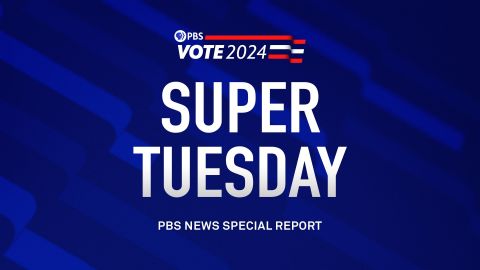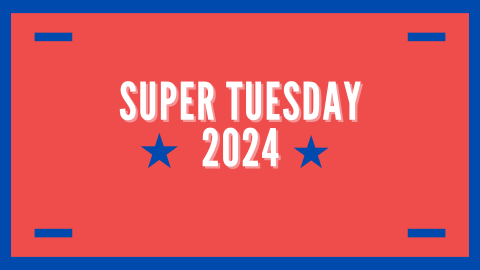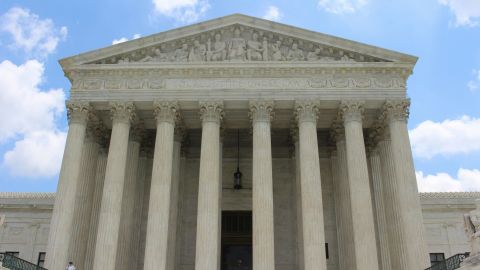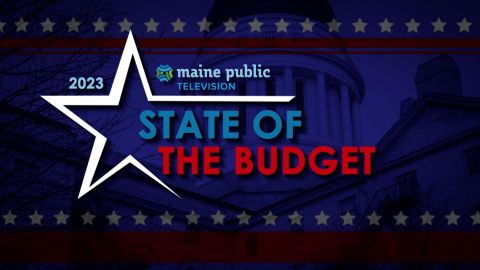The Pathfinder: The Election Timing, Voter Turnout Conundrum
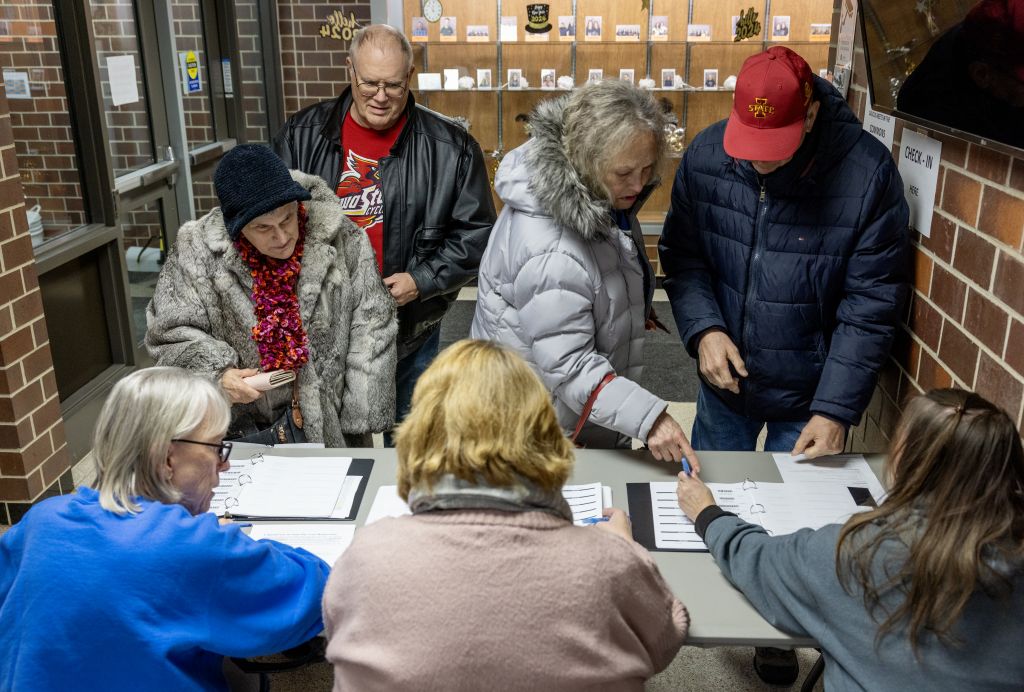
Voters headed to the polls on Nov. 7 to elect members of the Legislature, municipal governments, and local school boards. Looking into our crystal ball, Ballotpedia was able to announce one week prior to the election that we already knew one certain outcome: Overall voter turnout would be a fraction of what it was in last year’s congressional elections, and nowhere near the turnout we can expect for next year’s presidential contest.
We’re not fortune-tellers here at Ballotpedia. But we know off-cycle elections like those held in New Jersey, Maine, Virginia and several other states this year routinely see less than a 25% voter turnout.
“Off-cycle” elections are when election takes place on a date other than Tuesday after the first Monday in November during even-numbered years at the same time as federal elections. They don’t receive as much media coverage as national contests, and for many voters they aren’t as compelling. Sadly, voters might not even know there is an election.
It’s not uncommon for off-cycle elections at the local level to be canceled because only one candidate is running. We’ve found this to be particularly true for local school board elections.
Canceling elections is not a sign of a healthy, functioning democracy. That’s why a number of democracy advocates think they have a fix: move state and local elections “on cycle,” which means holding them at the same time, in the same years, as congressional and presidential elections.
How did states like New Jersey get off-cycle elections in the first place? A 2019 NPR report found it was because “states wanted to keep federal authority and influence out of their local affairs.”
In New Jersey, off-cycle elections didn’t become law until the state constitution was revised in 1947. According to NPR’s reporting, that’s when state and municipal elections were moved off-cycle, separate from on-cycle federal elections. Then-Gov. Alfred Driscoll (R) said:
“The importance of a gubernatorial election merits an election that will not be overshadowed by a national contest for the presidency. The problems confronting the state are frequently distinct from those confronting the nation…”
In states like Virginia, which also had off-cycle elections on Nov. 7, the switch occurred accidentally, according to Virginia political scholar Brent Tarter, in the mid-19th century. Now in the Old Dominion, moving elections from off- to on-cycle would require a constitutional amendment.
In states that allow local governments to put ballot measures before voters, a number of municipalities have moved their elections dates from off- to on-cycle years. Despite this trend of shifting off-cycle elections to on-cycle years, the idea of consolidating all elections is still being debated.
Opponents of off-cycle elections argue that they disadvantage poor and minority voters, increase administration costs for the local governments that hold them, and increase the influence of a narrow set of special interest groups and partisan faithfuls who typically account for the bulk of voter turnout in off-cycle elections.
Advocates for off-cycle elections argue these races draw a more informed electorate despite lower turnout. They also insulate local issues from the influence of the national political discourse, and mitigate the ballot fatigue that comes with the longer ballots in on-cycle elections.
In recent years we’ve seen local measures proposed and enacted around the country to move county and municipal off-cycle elections from odd-numbered years to presidential and midterm election years. Thirteen such measures were passed in 2022 in California, Colorado, Florida, and Washington. California, in particular, has seen a lot of movement toward on-cycle local elections, and is responsible for nine of those 13 measures passed in 2022. In 2023, we haven’t seen any additional measures to address off-cycle elections.
The ultimate deciders on this issue will be the voters themselves.
The Pathfinder is a monthly column written by Leslie Graves, founder of Ballotpedia, for Preserving Democracy. Exploring topics vital to our understanding of American civics and Democracy, The Pathfinder attempts to cut through the noise of political journalism while exploring issues of vital importance to the American voter.



